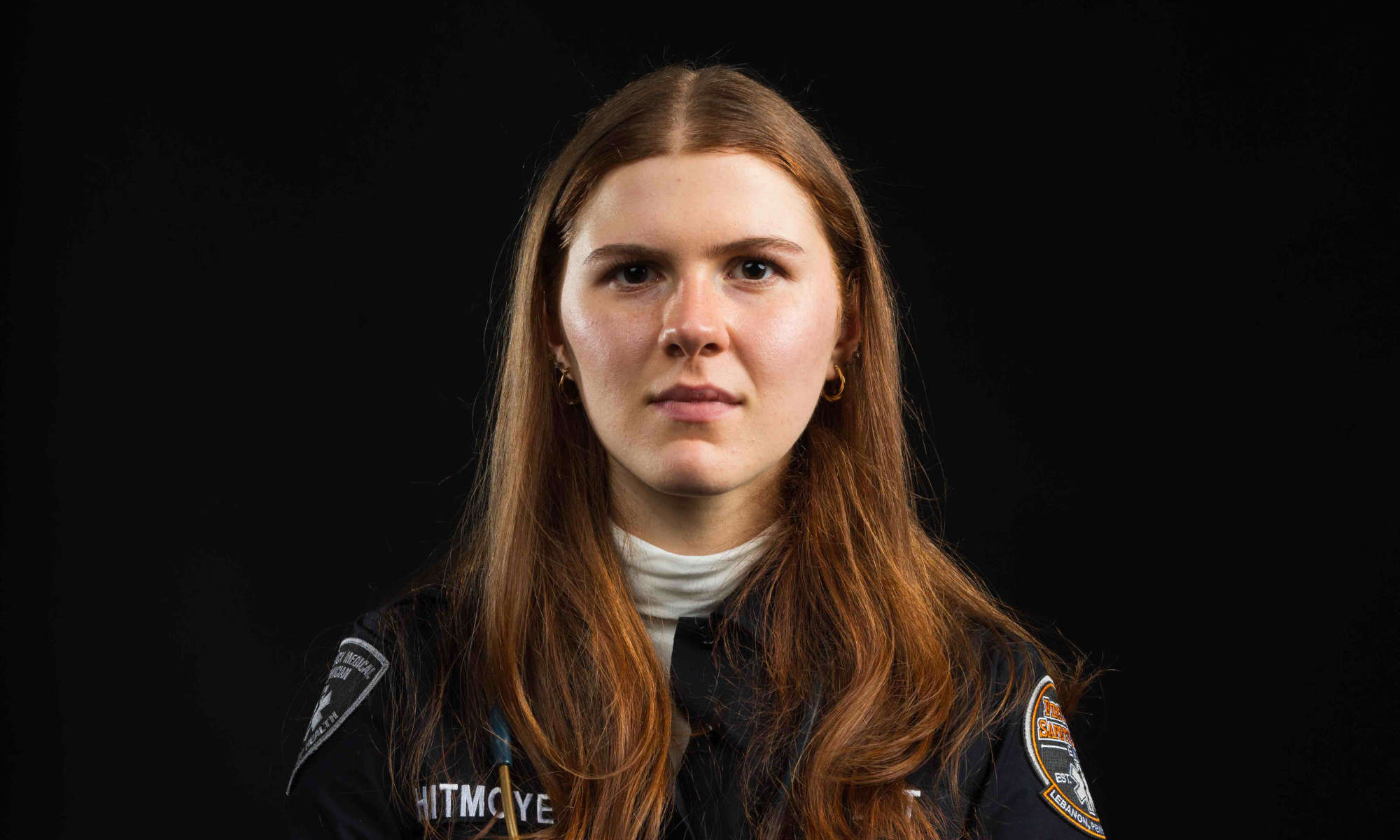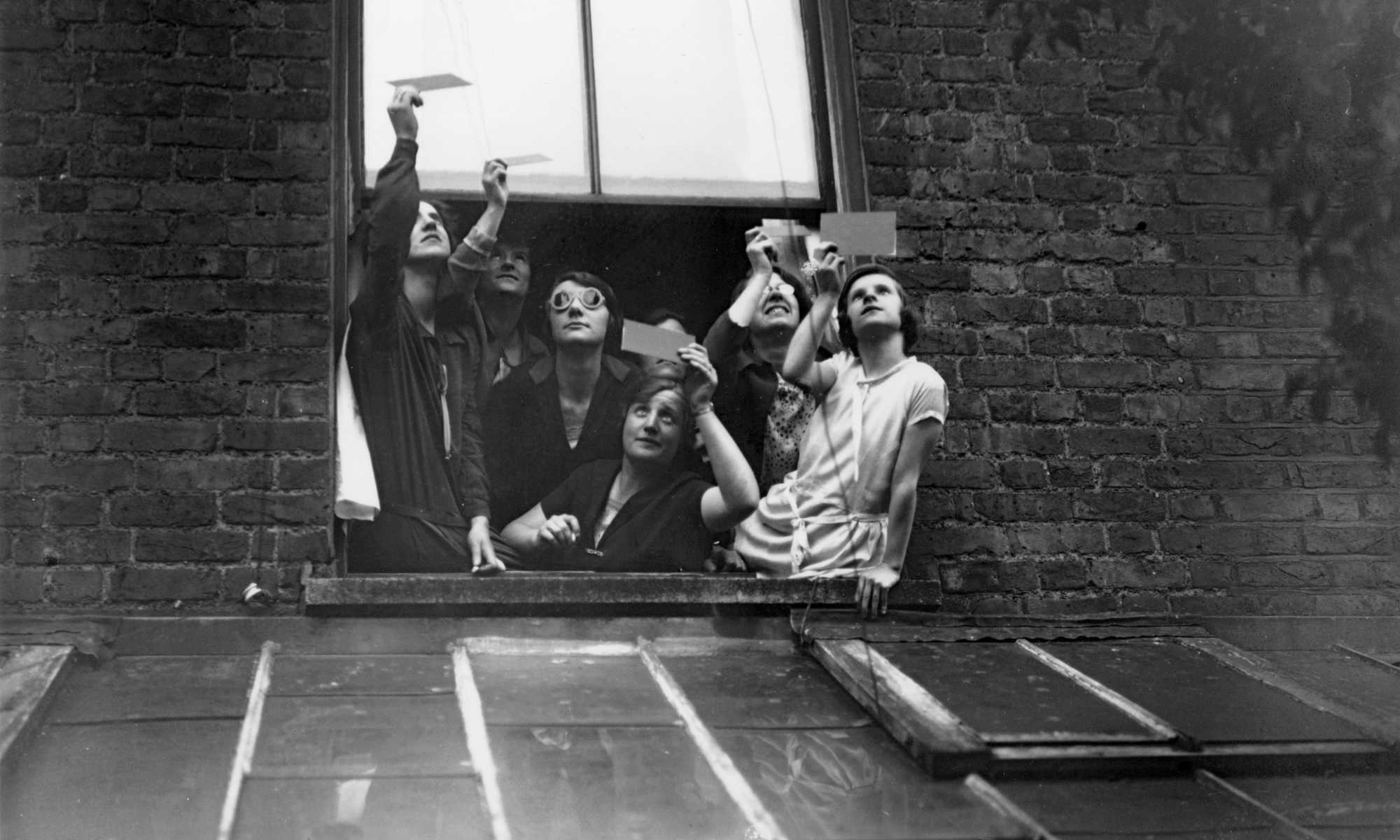Making Their Mark is a Newscenter series of profiles celebrating members of Rochester’s graduating class of 2019.
Three questions
Favorite class? “Thermodynamics, taught by John Lambropoulos. “He’s probably the best professor I’ve ever had. He encourages us to discover solutions to problems on our own. He makes a topic even as difficult as thermodynamics interesting.”
Favorite tradition? “Engineering students are very collaborative. We have our little Facebook groups so that, if someone is struggling with an assignment, they just post the question and people are willing to help one another. This sense of togetherness that we “meches” have is very unique.”
Favorite spot on campus? “The periodical reading room in Rush Rhees Library. It may sound boring, but I get a lot of my work done there. It’s where most of the students go to study, not to waste time.”
Engineering and international relations might seem to have little in common. And yet, at Rochester “students are open to think about the overlap between fields that seem incompatible,” says Suman Kumar.
Kumar, who is from Kathmandu in Nepal, has taken full advantage.
During his four years, Kumar has attended a half dozen international development conferences; met several influential world leaders, diplomats, and Nobel laureates; rebuilt two schools destroyed by an earthquake in his native country; and still managed to complete a rigorous curriculum in mechanical engineering.
The University paid his expenses so he could attend a United Nations Conference on Trade and Development in Nairobi, Kenya, in 2016 as one of 250 youth delegates. That led to invitations to other conferences.
Wendi Heinzelman, dean of the Hajim School of Engineering & Applied Sciences, supported the launch of a USeed crowd funding campaign to rebuild schools. University funding paid the expense for Kumar and three other students to return to Nepal for the rebuilding project.
Faculty members and on-campus employers made allowances for his trips overseas, and the University’s open curriculum enabled him to supplement his engineering studies with courses in economics and journalism.
“The flexibility and support the University offers us to pursue our academic and career interests are some of its biggest strengths,” Kumar says.
Growing up in Nepal, Kumar questioned why a country so rich in natural resources still struggles to provide such basic necessities as reliable electricity. Like his father, he became a welder and machinist and then helped manufacture parts for Nepal’s first aquaponics farm. After completing high school, he became an independent contractor, building machines for agencies in Nepal and for export to Europe.
When a devastating earthquake struck Nepal in 2015, Kumar and his friends hurried to some of the most devastated areas, searching for survivors and retrieving bodies. A business colleague suggested building portable shelters for the homeless; before the monsoons arrived, the technology they developed was used to construct more than 5,300 shelters for 26,000 earthquake victims, Kumar says.
He came to Rochester the following year to learn the theoretical underpinnings of engineering to improve the methods used back home. And still the images continued to come out of Nepal, showing children huddled out in the open to take classes because their schools had been destroyed. Kumar knew he needed to do more and launched the USeed campaign.
In recognition of his outstanding community service beyond the campus, Kumar was named recipient of this year’s Presidential Award for Community Service.
Eventually, Kumar wants to be a policy maker in Nepal’s government.
“The skills I’ve learned at the University of Rochester, being able to work with people of different disciplines, will be very helpful,” he says.



